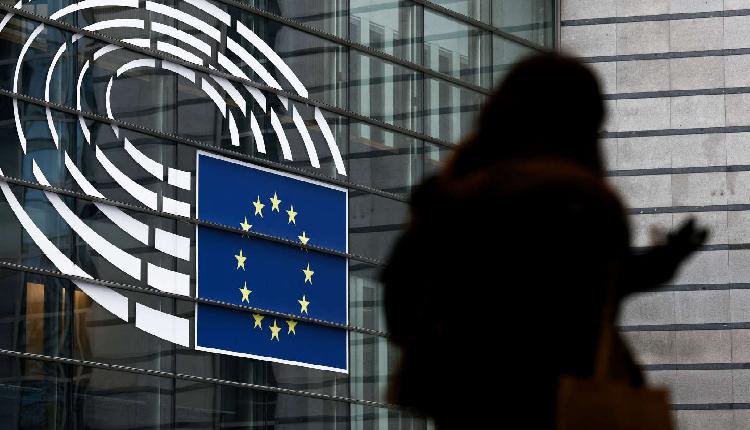The European Parliament voted to pass a legally binding law to protect and restore degraded natural ecosystems in the European Union (EU) on Wednesday, despite pushback from centre-right lawmakers.
The law was passed with 336 votes in favour, 300 against, and 13 abstentions, and will require countries to introduce measures to restore nature on a fifth of their land and sea by 2030.
Lawmakers and member countries will negotiate the final text, aiming for a deal before EU Parliament elections in 2024. The vote comes after months of negotiations that revealed divisions in the Parliament.
The European People’s Party (EPP), the EU Parliament’s biggest lawmaker group, was at head of a campaign to reject the law.
The EPP group chairman, Manfred Weber, questioned the financial implications of the legislation in a press briefing after the vote, claiming it would be a threat to farming.
“It’s an empty win. The law is not giving us a real answer about the food production question creating legal uncertainty for local and regional authorities and will potentially hurt our renewable energy transition, rather than support it,” said Weber, who is among the vocal opponents of the law.
Lawmakers and scientists rejected the EPP’s claims and accused them of spreading misinformation in favour of votes ahead of the EU Parliament’s upcoming elections.
“We have won. It is a social victory: for scientists, for young people, for a lot of companies and businesses, for the agricultural sector, this law is not against anybody, this is a law on behalf of nature, not against any person whatsoever,” said Cesar Luena, the Parliament’s lead negotiator on the law.
The bill is the first major legislation to protect biodiversity in the EU in the last 30 years, according to Greenpeace. It aims to improve or reestablish biodiverse habitats, reverse the decline of pollinating insects, and restore marine habitats like sea grass.
“This vote shows that there is still hope to restore and grow what’s left, as another unprecedented heatwave grips Europe, it’s clear that to survive climate breakdown and ensure food supplies we’ll need nature on our side,” Špela Bandelj, Greenpeace’s Central and Eastern Europe biodiversity project manager, stated.
The nature restoration bill is one of two key pillars of the EU’s 2030 Biodiversity Strategy, which a package of proposals aimed at rehabilitating Europe’s damaged ecosystems.
“Restoring nature brings numerous benefits to farmers, it is as simple as this: we cannot grow food on dead soil,” said EU lawmaker, Mohammed Chahim.
The European Environment Agency found in 2021 that 81 percent of the EU’s ecosystems are in either a poor or bad condition.
Biodiversity has become a global crisis, with land clearing, pollution, and climate change on the rise, and some scientists saying the world is entering a sixth mass extinction.


